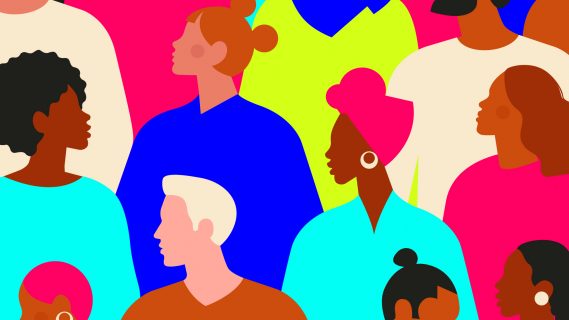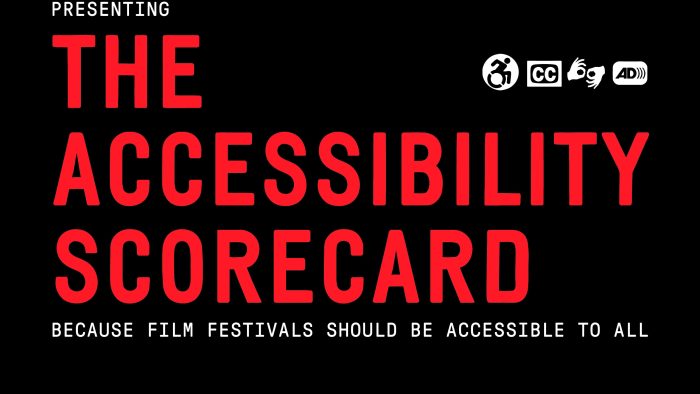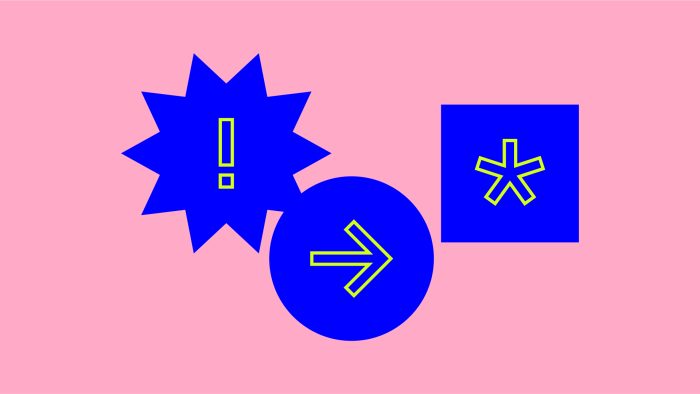Open data in public broadcasting
In November 2013, the British Broadcasting Corporation announced that it had signed a series of four ‘memorandums of understanding’ with organizations including the Open Data Institute and the Mozilla Foundation. Their stated objective in making this public declaration was to support ‘free and open Internet technologies’ and explore best practice models based on such technologies.
The declarations are mostly symbolic and, as the signatories take great pains to make clear in their documentation, must not be interpreted as creating any kind of legally binding agreement. However, this type of agreement could prove useful as serving as a template for reassessing digital media’s place in Canadian broadcasting and have very real implications for the future of content creation and distribution. Before elaborating on what such a template might look like, here’s some background on open data.
WHAT IS OPEN DATA?
The principles behind open data have existed for a long time, especially among academic researchers. People who subscribe to open data principles believe that everyone benefits when information is made freely available to others. While these principles have been commonplace within scientific research communities such as IT, the advent of the World Wide Web has allowed people from outside these communities to adopt them. Open data does not represent a specific technological fix, but can be characterized as a philosophy regarding the treatment of data and the technology that supports data collection, analysis and distribution. This philosophy drives a movement focussed on providing free access to data through the creation of standards, formats, applications and platforms for a host of different groups of people.
One of the fields that has felt the impact of open data’s newfound popularity is public policy. Over the past five years or so, the open data movement has ‘arrived’ on the local, national and international political stages with the publication of the G8 Open Data Charter in June 2013. It is consequently no longer a niche that interests only hackers and geeks.
Another more media-related field on which the open data movement has had an impact is what is often referred to as ‘data journalism.’ News organizations, especially those with roots in print journalism like the New York Times and the LA Times in the United States as well as The Guardian in the United Kingdom, but also upstart news organizations like ProPublica in the US and Owni in France, have been at the forefront of a movement to incorporate the collection, analysis and visualization of data as a way to tell news stories. Many of these news projects espouse open data principles.
STANDARDS FOR CREATORS
The BBC may also help foster insightful developments for the open data movement by initiating a conversation with open data experts on open data’s possible contribution to helping it fulfill its mandate as part of a more pronounced and fundamental cultural shift in how people in broadcasting see the role of digital media.
For example, the MoU signed between the BBC and the Open Knowledge Foundation lists six potential areas for future collaboration:
- Open Internet and Open Web support and development
- Metadata
- Digitization
- Access to archives
- Modern rights framework
- Digital skills
The first three areas listed above deal mostly with technical aspects of open standards and therefore have very real implications for traditional content creators. What is particularly exciting about this development is that it entails a possible sea of changes in how industry people refer to technological skills and resources. The relationship between digital technologies and the future of broadcasting is so frequently characterized as one of technological ‘churn,’ i.e., the latest technological trend or application that is ‘disrupting’ the industry. People who work in the industry need to ‘keep up’ with the pace of developments in order to ‘stay relevant.’ This perception among people who work in creative industries like television broadcasting is not uncommon and frequently guides broadcasters’ digital media strategies.
So while James Purnell, BBC’s Director of Strategy and Digital, equates “open data, open standards and the open Internet” with being at “the forefront of technological innovation,” it is in fact less about technological innovation and more about working toward a coherent vision for how technologies can potentially support and strengthen content creators’ core cultural values.
 The seeds for this kind of cultural shift are also being sowed here in Canada. A great example of this is Montreal’s RC Lab. A team of Radio-Canada employees founded the RC Lab about a year ago. They were interested in a number of cutting edge international projects and therefore banded together to create a lab expressly with the intent to develop their own digital media experiments at Radio-Canada, including some involving open data. I recently spoke to Xavier K. Richard, one of the lab’s founders, about its work. What came through most clearly in his account of how open data principles fit into their experiments was that each project was part of a broader enterprise — a long and arduous process of changing the culture from the ground up among people working in the industry. For him, open data was not a panacea for broadcasting but part of a deep cultural shift in which journalists and other traditional broadcasting professionals start to collaborate closely with ‘geeks’ who promote work methods based on open platforms and open data.
The seeds for this kind of cultural shift are also being sowed here in Canada. A great example of this is Montreal’s RC Lab. A team of Radio-Canada employees founded the RC Lab about a year ago. They were interested in a number of cutting edge international projects and therefore banded together to create a lab expressly with the intent to develop their own digital media experiments at Radio-Canada, including some involving open data. I recently spoke to Xavier K. Richard, one of the lab’s founders, about its work. What came through most clearly in his account of how open data principles fit into their experiments was that each project was part of a broader enterprise — a long and arduous process of changing the culture from the ground up among people working in the industry. For him, open data was not a panacea for broadcasting but part of a deep cultural shift in which journalists and other traditional broadcasting professionals start to collaborate closely with ‘geeks’ who promote work methods based on open platforms and open data.
PUBLIC ACCESSIBILITY
The last three potential areas for future collaboration, as listed above, show how broadcasters can make a very real contribution to open data principles by committing to accessibility. While the open data movement has been successful in convincing the technically proficient, the movement’s growing profile has also attracted somecriticism, including with respect to the fact that the benefits of open data have been limited to those who have theskills and resources required to use them. There is a big difference between providing access to data and making data accessible. The latter entails ensuring that as many as possible have the knowledge, skills and tools required to be able to analyze and understand the data. Broadcasters, especially in the public sphere, have been tackling access and accessibility for many decades.
So while it isn’t how ‘open data’ and ‘open standards’ in public broadcasting may not be a foregone conclusion, it’s great to see that the conversation has begun.



